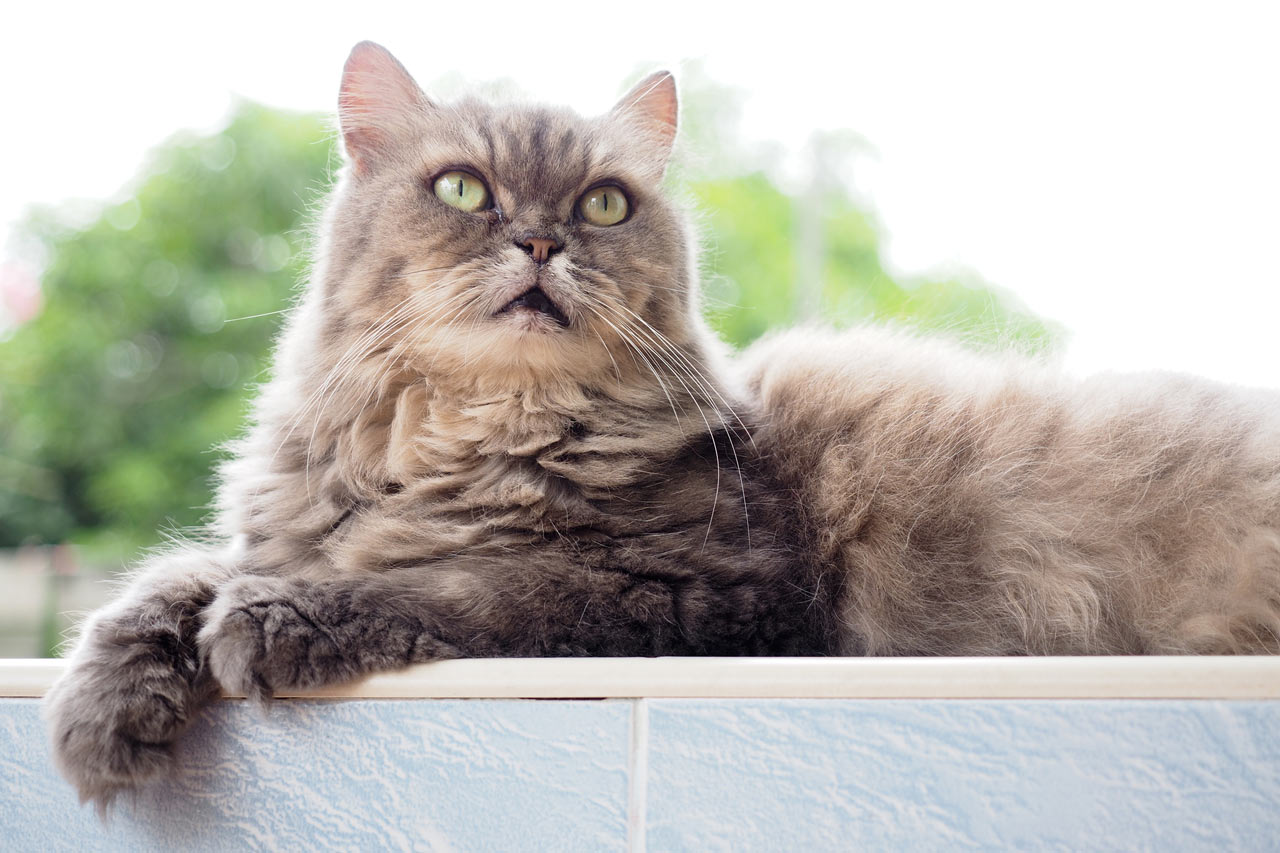Senior Cats - Spotting the Subtle Signs of Aging

Cats are masters of disguise, especially when it comes to aging. Learn the early signs that your senior cat might need extra care and how you can keep them thriving into their golden years.
Cats age gracefully, often hiding discomfort until problems become advanced. That's why many cat parents are surprised when their seemingly “young” cat is diagnosed with arthritis, kidney disease, or hyperthyroidism.
So what should you watch for as your cat enters their senior years (typically age 10 and above)?
- Mobility Changes: Hesitation to jump, stiff walking, or sleeping in lower spots.
- Weight Fluctuations: Sudden loss or gain can signal thyroid, kidney, or digestive issues.
- Behavior Shifts: Increased vocalization, confusion, or changes in sleep patterns may point to cognitive decline.
- Appetite & Thirst: Drinking more water, urinating more, or eating less can be early signs of illness.
Regular veterinary exams — ideally twice a year for senior cats — are crucial. We can run simple tests that detect problems early, when treatment is most effective.
At home, small changes can make a big difference: provide ramps or steps to favorite perches, add extra litter boxes for easy access, and ensure warm, soft bedding for comfort.
Aging is a natural process, but with attentive care, senior cats can remain vibrant, loving companions well into their late teens and even twenties. Every extra year is a gift — let's make it a comfortable and joyful one.
You May Also Like These Articles:
Notice: Ask-a-Vet is an affiliated service for those who wish to speak with a veterinary professional about their pet's specific condition. Initially, a bot will ask questions to determine the general nature of your concern. Then, you will be transferred to a human. There is a charge for the service if you choose to connect to a veterinarian. Ask-a-Vet is not manned by the staff or owners of CatHealth.com, and the advice given should not delay or replace a visit to your veterinarian.




